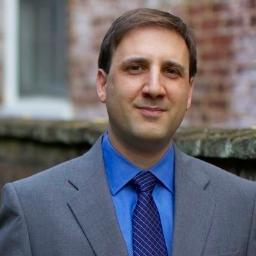
Professor James Loeffler will discuss his recently published book Rooted Cosmopolitans: Jews and Human Rights in the Twentieth Century (Yale University Press).
The talk will be held on Monday, October 8, from 7:00-9:00 pm at the University of Hartford (200 Bloomfield Avenue, West Hartford) in the Millie and Irving Bercowetz Research Library at the Maurice Greenberg Center for Judaic Studies located in the Harry Jack Gray Center. Seating is limited and reservations are required. Please contact Susan Gottlieb at mgcjs@hartford.edu or 860-768-5018.
The lecture is free and open to the public. It is made possible by the UConn Center for Judaic Studies and Contemporary Jewish Life, the University of Hartford Maurice Greenberg Center for Judaic Studies, and the UConn Department of Literatures, Cultures, and Languages.
About the Speaker
James Loeffler is associate professor of history and Jewish studies at the University of Virginia and former Robert A. Savitt Fellow at the Mandel Center for Advanced Holocaust Studies of the United States Holocaust Memorial Museum. He received his AB from Harvard and his MA and PhD from Columbia University. A specialist in Jewish and European history, and the history of human rights, his publications include The Most Musical Nation: Jews and Culture in the Late Russian Empire (Yale University Press, 2010) which was recognized for several awards, including the Association for Slavic, East European, and Eurasian Studies 2011 USC Book Prize in Literary and Cultural Studies for outstanding monograph published on Russia, Eastern Europe or Eurasia in the fields of literary and cultural studies and the American Society of Composers, Authors & Publishers (ASCAP) 2011 Deems Taylor-Béla Bartók Award for Outstanding Ethnomusicology Book.
From the Publisher
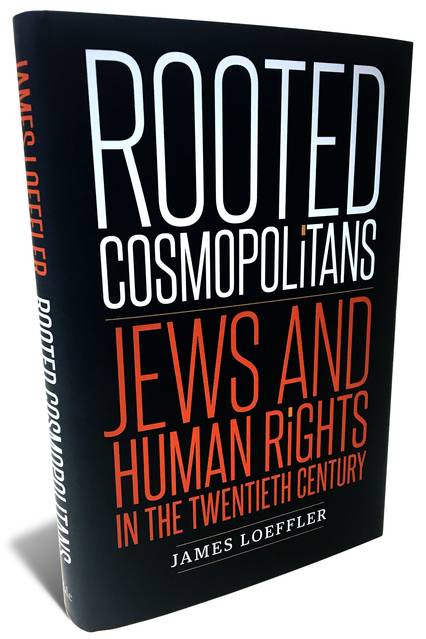
A stunningly original look at the forgotten Jewish political roots of contemporary international human rights, told through the moving stories of five key activists
The year 2018 marks the seventieth anniversary of two momentous events in twentieth-century history: the birth of the State of Israel and the creation of the Universal Declaration of Human Rights. Both remain tied together in the ongoing debates about the Israeli-Palestinian conflict, global antisemitism, and American foreign policy. Yet the surprising connections between Zionism and the origins of international human rights are completely unknown today. In this riveting account, James Loeffler explores this controversial history through the stories of five remarkable Jewish founders of international human rights, following them from the prewar shtetls of eastern Europe to the postwar United Nations, a journey that includes the Nuremberg and Eichmann trials, the founding of Amnesty International, and the UN resolution of 1975 labeling Zionism as racism. The result is a book that challenges long-held assumptions about the history of human rights and offers a startlingly new perspective on the roots of the Israeli-Palestinian conflict.
For more, visit: https://yalebooks.yale.edu/book/9780300217247/rooted-cosmopolitans
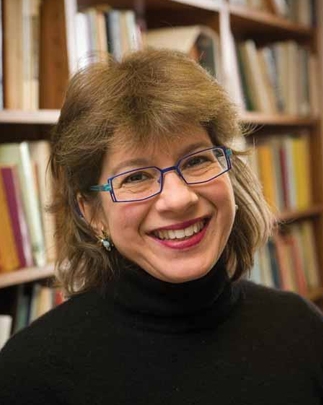
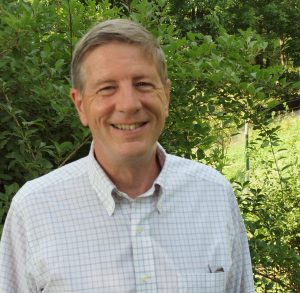
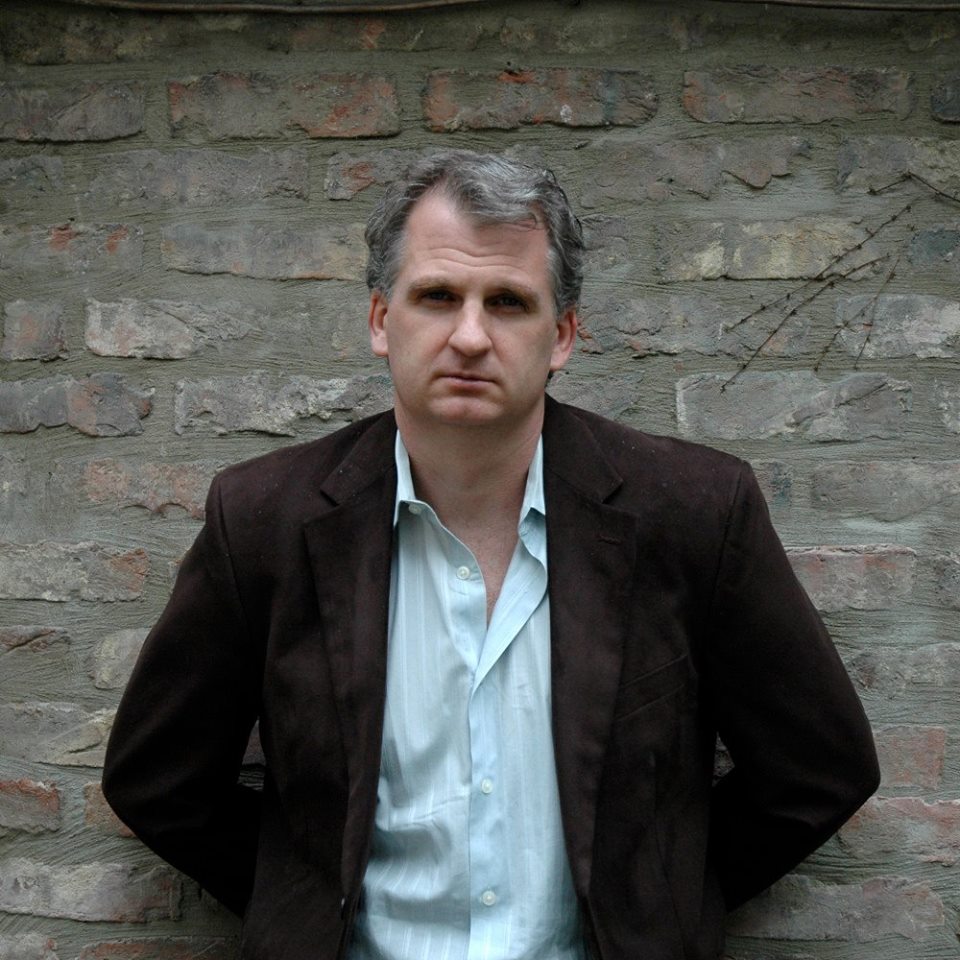
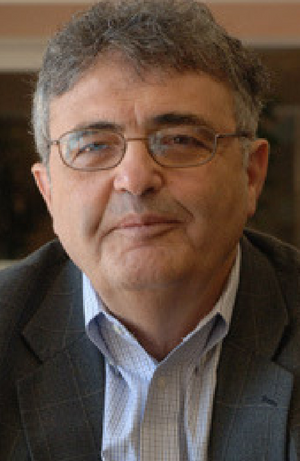 On Monday, April 24, at 7:00 pm, please join us for the annual Academic Convocation on the Holocaust when Trinity College Professor Samuel D. Kassow will present "Time Capsules in the Rubble: the Secret Archive of the Warsaw Ghetto." The Convocation will be held in the Doris and Simon Konover Auditorium in the Dodd Research Center on the Storrs campus and is sponsored by the Center for Judaic Studies and Contemporary Jewish Life Fierberg Lecture in Judaic Studies, the Human Rights Institute, and the Thomas J. Dodd Research Center. A reception will immediately follow. Attending this event counts toward sophomore honors credit.
On Monday, April 24, at 7:00 pm, please join us for the annual Academic Convocation on the Holocaust when Trinity College Professor Samuel D. Kassow will present "Time Capsules in the Rubble: the Secret Archive of the Warsaw Ghetto." The Convocation will be held in the Doris and Simon Konover Auditorium in the Dodd Research Center on the Storrs campus and is sponsored by the Center for Judaic Studies and Contemporary Jewish Life Fierberg Lecture in Judaic Studies, the Human Rights Institute, and the Thomas J. Dodd Research Center. A reception will immediately follow. Attending this event counts toward sophomore honors credit.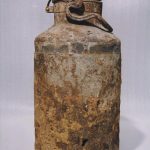
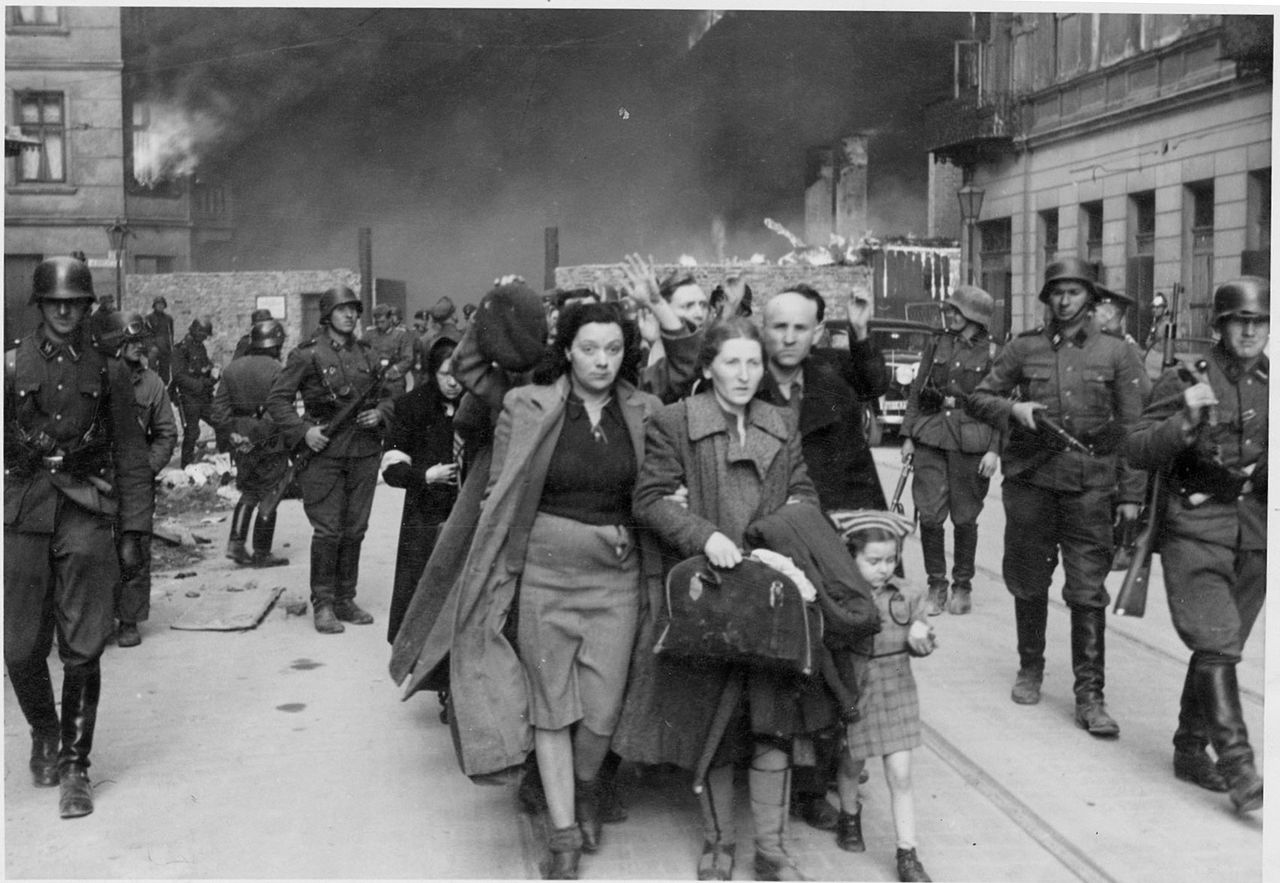
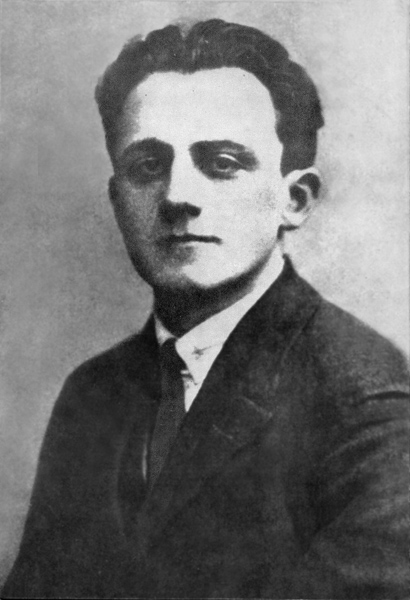
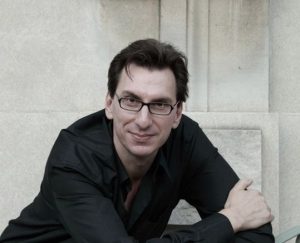 Harvard Professor Peter E. Gordon will present “The Disenchantment of the Concept: From Heine to Adorno” on February 23 at 5:00 pm in the Class of ’47 Room at the Babbidge Library for the Center for Judaic Studies and Contemporary Jewish Life’s Konover Special Lecture Series. The event is co-sponsored by UConn’s German Studies program.
Harvard Professor Peter E. Gordon will present “The Disenchantment of the Concept: From Heine to Adorno” on February 23 at 5:00 pm in the Class of ’47 Room at the Babbidge Library for the Center for Judaic Studies and Contemporary Jewish Life’s Konover Special Lecture Series. The event is co-sponsored by UConn’s German Studies program. Hebrew and Judaic Studies faculty member Professor Susan Einbinder has been invited to present the 2016 Harvard Center for Jewish Studies-Medieval Studies Lecture on Medieval Jewish History and Culture.
Hebrew and Judaic Studies faculty member Professor Susan Einbinder has been invited to present the 2016 Harvard Center for Jewish Studies-Medieval Studies Lecture on Medieval Jewish History and Culture. 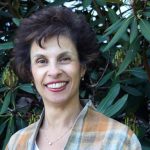 Young American Jewish adults are more than five times as likely to report being targets of anti-Semitism as older American Jews are (Pew 2013). Since the vast majority of young American Jews spend four or more years studying at universities and colleges, anti-Semitism at institutions of higher education is an issue for the entire Jewish community.
Young American Jewish adults are more than five times as likely to report being targets of anti-Semitism as older American Jews are (Pew 2013). Since the vast majority of young American Jews spend four or more years studying at universities and colleges, anti-Semitism at institutions of higher education is an issue for the entire Jewish community.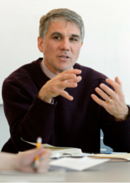
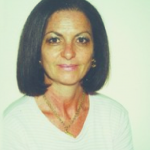 Renowned art historian, Dr. Pnina Rosenberg from The Technion (Israel Institute of Technology), will present two upcoming lectures this September sponsored by UConn Global Affairs, UConn’s Center for Judaic Studies and Contemporary Jewish Life, the Thomas J. Dodd Research Center, the Department of Art and Art History, the University of Hartford’s Maurice Greenberg Center for Judaic Studies, and Voices of Hope.
Renowned art historian, Dr. Pnina Rosenberg from The Technion (Israel Institute of Technology), will present two upcoming lectures this September sponsored by UConn Global Affairs, UConn’s Center for Judaic Studies and Contemporary Jewish Life, the Thomas J. Dodd Research Center, the Department of Art and Art History, the University of Hartford’s Maurice Greenberg Center for Judaic Studies, and Voices of Hope.